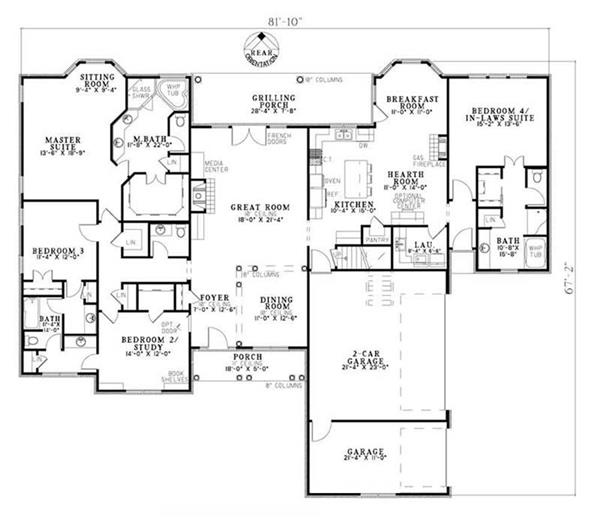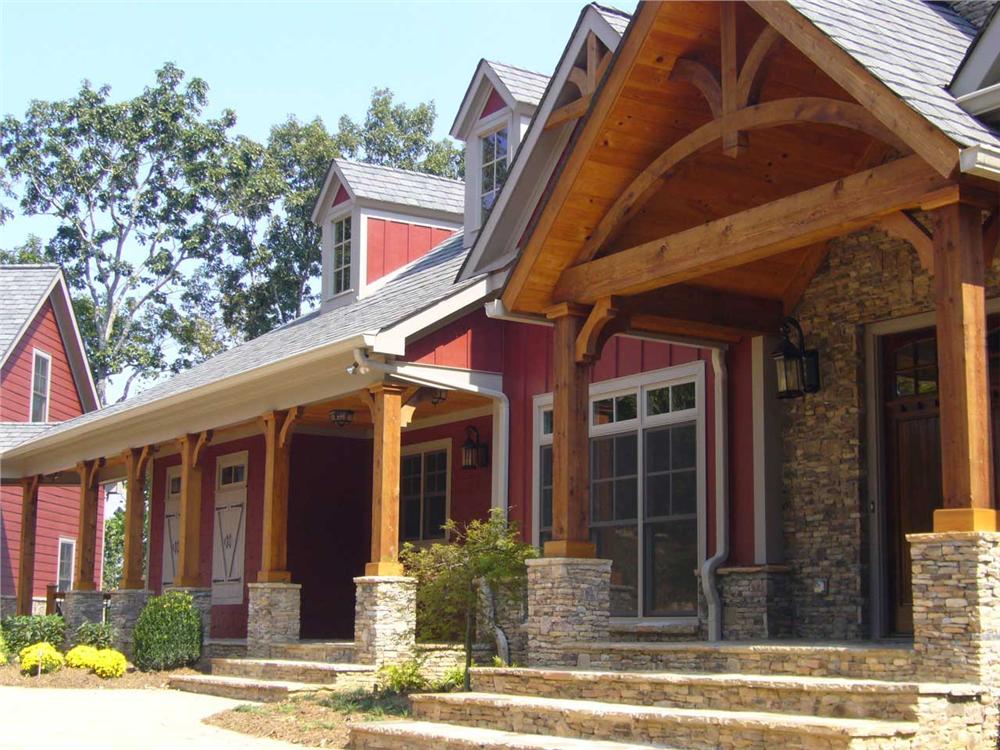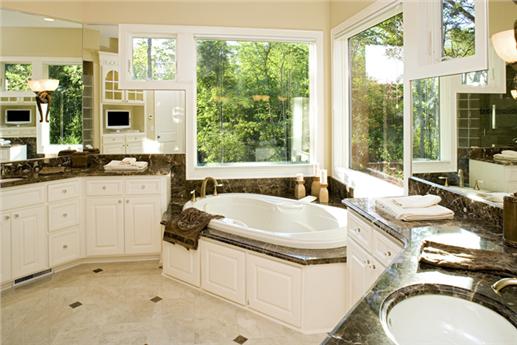Yesterday I wrote a post about some new House Plans that were special because they offer full Mother In-Law Apartments, but why would you want or need a separate apartment within your home?
At some point in time, everyone has experienced the chore of entertaining the overbearing house guest. Whether it’s the visiting mother-in-law, a dead-beat friend who’s down on his luck, or even the occasional college student taking a break from her studies, it’s never fun to share your limited living space for long periods of time. It’s especially hard sharing a kitchen and bathroom with said guests. Even the best of friends and family can grow tiresome after awhile. I think Benjamin Franklin put it best when he eloquently penned the words, “Fish and visitors smell in three days.”
You never know when they will drop in, and you never know how long they will stay, but it’s always a good idea to have room to house your guests. It’s even better if you can provide them with a fully-furnished living area with a bathroom and a kitchen. Even if those areas aren’t used very often, an in-law suite will definitely cause your home’s value to skyrocket.
So, if you’re looking for house plans with an in-law suite, you should check these out.





